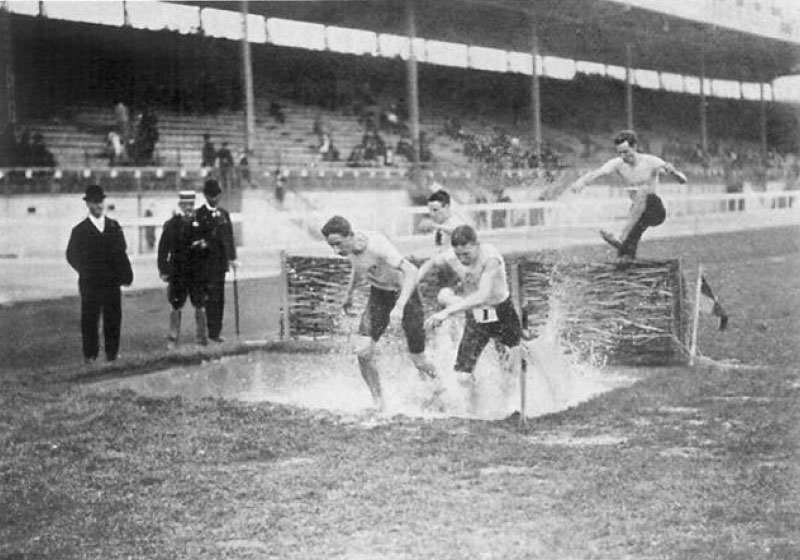“Mission Impossible” Becomes Impossible for Mediator Kofi Annan
Rick Gladstone reported on August 2, 2012, in the New York Times, that former UN secretary general Kofi Annan, appointed to act as a special representative for the UN and the Arab League to negotiate a peace plan in Syria, has resigned, saying that President Bashar al-Assad of Syria “must leave office.” Mr. Gladstone quotes Middle East scholar Aaron David Miller: “D.O.A. from the get-go.”
Without commenting on the disastrous political and humanitarian situation in Syria, we instead make a small point about mediation: it is a scalable process, dealing with the world’s little problems, as well as the world’s largest ones – alas, sometimes without success.

Damascus. Tomb of Saladin. Felix Bonfils, 1831-1885, photographer. Library of Congress.
Arbitration and the Olympics
On August 2, we read in the Washington Post that French steeplechaser Nordine Gezzar failed in an attempt to run on Friday at the London Olympics because of the results of an anti-doping test. The decision was made by the “Court of Arbitration for Sport” (or “Tribunal Arbitral du Sport”). In fact, we have seen mention of this arbitral body several times during this Olympics year, making us curious about just what it does. Brendan Koerner provides the answer for us in Slate Magazine:
“The CAS has few limitations on what types of cases it can consider: As long as it involves sports, and both parties agree to the arbitration, pretty much any conflict is fair game. However, the bulk of the court’s rather light docket—it ruled on 39 cases last year—is taken up with cases involving either doping or soccer transfer fees (that is, how much one club team pays another to obtain a player). There is also the occasional gripe from an athlete who didn’t make his or her Olympic team, as well as a smattering of national quibbles.”
Water Jump in the Steeplechase. 1908 Olympics in London. Wikipedia.

Leave a Reply